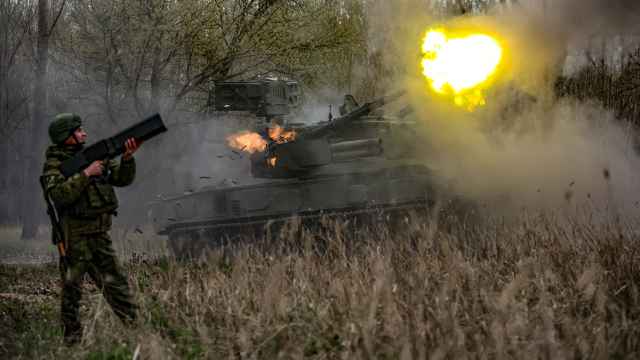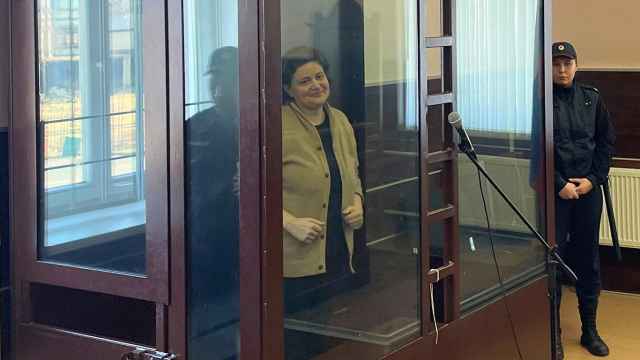Credit ratings fell for Russian businesses during the financial crisis but corporate governance remained stable, industry experts said Friday at a round-table discussion on corporate governance hosted by the Association of Managers.
Expert RA, an independent rating agency, lowered credit ratings on 40 banks, about 10 percent of all the banks rated in 2010, after the economic crisis hindered lending abilities.
The recession had no negative effect on corporate governance. The average score for 21 companies rated on a scale from one to 10, with 10 being the highest, was seven, and the companies maintained those numbers over the last three years.
Effective corporate governance is a buffer against failure in companies operating in complicated emerging markets, said Andrei Rakitin, deputy director of GAMMA, the Moscow representative of rating agency Standard & Poor's.
"It gives a company more chances of survival," Rakitin said Friday.
Ratings are done mostly for the benefit of a company's shareholders and are usually requested by large companies. The companies rated by Expert RA include state-controlled VTB, UTair aviation company and telecoms giant Rostelecom.
Ratings help companies reach a higher level of performance, head of the Russian Institute of Directors Yekaterina Nikitchanova said.
State companies show high interest in getting rated and they take the ratings seriously, Rakitin said.
The credit ability of a bank is judged by looking at its credit portfolio and financial statements.
The credit rating assigned by Expert RA to International Industrial Bank went from C++, or "low level of credit ability" to C, or "unsatisfactory level of credit ability (possible default)." The rating for Russlavbank went from A, or "high" level of credit, to B++, or "acceptable."
However, 10 banks' credit ratings went up.
The corporate governance of 13 companies was rated at seven, four received a mark of eight and another four came in at six.
Expert RA evaluates corporate practice based on infringement of shareholders' rights, organization of controlling agents, transparency and the level of social responsibility.
To receive a corporate governance rating, a company must file its internal documents &mdash such as ethics codes and budget — with a rating agency and allow interviews with management and staff.
Some independently evaluated state-controlled companies ranked significantly lower in terms of corporate governance since the economic crisis, Expert RA deputy director Pavel Samiyev said.
Although ratings were not officially requested, an investigation by Expert RA concluded that, during and after the crisis, fewer resources were dedicated to the governance process and decisions became increasingly based on political, rather than economic, principles.
Some companies are hesitant to be rated or publish their results because they are afraid that their results will not be good.
But a low score is not the end of the world for a company. The fact that the company is even being rated, "speaks volumes," Rakitin said.
A Message from The Moscow Times:
Dear readers,
We are facing unprecedented challenges. Russia's Prosecutor General's Office has designated The Moscow Times as an "undesirable" organization, criminalizing our work and putting our staff at risk of prosecution. This follows our earlier unjust labeling as a "foreign agent."
These actions are direct attempts to silence independent journalism in Russia. The authorities claim our work "discredits the decisions of the Russian leadership." We see things differently: we strive to provide accurate, unbiased reporting on Russia.
We, the journalists of The Moscow Times, refuse to be silenced. But to continue our work, we need your help.
Your support, no matter how small, makes a world of difference. If you can, please support us monthly starting from just $2. It's quick to set up, and every contribution makes a significant impact.
By supporting The Moscow Times, you're defending open, independent journalism in the face of repression. Thank you for standing with us.
Remind me later.





